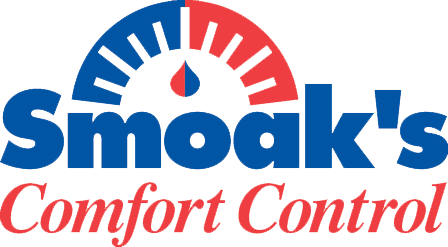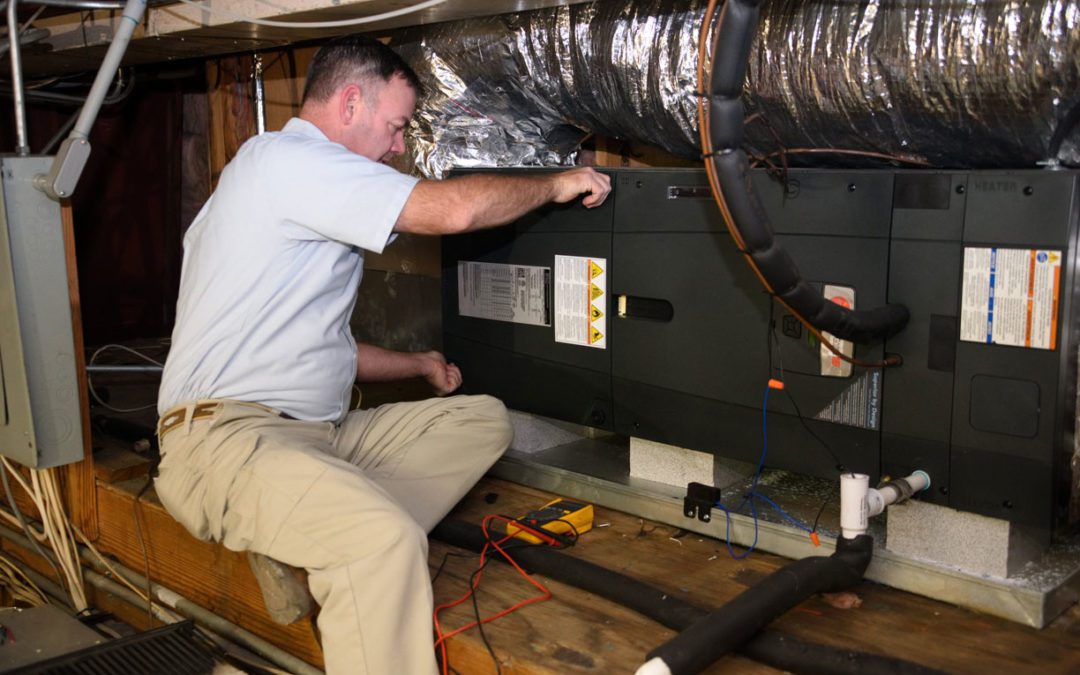Heating costs can significantly affect your household budget during the colder months. However, some small, strategic changes can lead to noticeable savings. Whether you’re dealing with an aging heating system or rising energy prices, here are some tips to help reduce heating bills while keeping your home comfortable and safe.
Understanding Your Energy Usage
Breakdown of Heating Expenses
Heating and cooling costs typically account for the largest portion of household energy bills. Understanding where your money goes is the first step toward making meaningful changes.
Factors Influencing High Costs
Common culprits are cold air infiltration, inefficient HVAC systems, and poorly sealed homes. Ductwork issues can affect heating and air conditioning systems, leading to significant energy loss and compromised indoor air quality. Routine inspections of your heating system can uncover areas for improvement and improve your system’s efficiency.
Upgrade Your HVAC System
Benefits of a High-Efficiency Furnace
A high-efficiency furnace uses less energy to produce the same amount of heat. Our certified HVAC professionals can recommend modern systems tailored to your home, reducing energy bills over time.
Choosing the Right HVAC System
Consider HVAC installation that matches your home’s size and insulation needs. Energy-efficient systems may have a higher upfront cost but offer substantial savings on heating and cooling costs. Upgrading to a more energy-efficient model, especially for units over ten years old, can provide significant benefits, including lower energy consumption and improved performance.
Schedule Routine Maintenance
Importance of Professional Check-Ups
During routine inspections, certified HVAC technicians can identify issues like clogged filters or failing components. Timely HVAC repairs are crucial to prevent minor issues from developing into major, costly problems. A well-maintained heating system runs efficiently, saving you money.
DIY Maintenance Tips
Homeowners can help maintain their systems by regularly changing air filters, checking for leaks, and ensuring unobstructed vents.
Seal and Insulate Your Home
Identifying Drafts and Air Leaks
Cold air often enters through gaps around doors, windows, and the attic. Sealing these leaks can significantly lower your heating bill.
Best Practices for Insulation
Adding insulation to your attic and walls prevents warm air from escaping. Proper insulation can also enhance the efficiency of heating and cooling systems, reducing energy costs. Consider professional installation for optimal results.
Use a Programmable Thermostat
Optimal Temperature Settings
A programmable thermostat helps you set lower temperatures while you’re away and warmer temperatures when you’re home, saving energy and money.
Smart Thermostats for Greater Savings
Smart thermostats learn your habits and optimize heating and cooling costs by adjusting settings automatically.
Optimize Your Windows
Weather-Stripping and Caulking
Sealing windows with weather-stripping and caulk prevents hot air from escaping and keeps cold air out.
Using Thermal Curtains
Thermal curtains provide an extra insulation layer, trapping warm air inside and reducing heating system demand.
Leverage Solar Heat
Maximize Passive Solar Gain
Open your curtains during the day to let natural sunlight heat your home. This free source of warmth can reduce reliance on your HVAC system.
Strategic Furniture Placement
Keep furniture away from windows to maximize the flow of warm air throughout your home.
Efficient Use of Heating Systems
Avoid Overheating Unused Rooms
Close vents and doors to rooms you don’t use often. This directs heat to where it’s needed most.
Proper Vent Placement and Cleaning
Ensure vents are unobstructed to allow warm air to circulate freely. Regular cleaning also improves efficiency. Maintaining a well-functioning heating and cooling system is crucial for optimal efficiency, as it reduces strain and ensures consistent performance.
Switch to Energy-Efficient Appliances
Energy-Star Rated Appliances
Upgrading to energy-efficient appliances like space heaters or HVAC systems lowers heating and cooling costs. Additionally, upgrading to energy-efficient cooling systems can significantly reduce energy expenses and improve overall comfort.
Long-Term Savings
Though the upfront cost may be higher, energy-efficient appliances reduce energy consumption and pay for themselves over time.
Layer Up and Adjust Habits
Wear Warmer Clothes Indoors
Layering up and using blankets reduces your reliance on heating systems. Encourage family members to bundle up as well.
Adopt Energy-Saving Habits
Turning off heating systems when not needed and lowering thermostat settings overnight can make a big difference.
Alternative Heating Solutions
Space Heaters and Heated Blankets
Supplemental heating options like space heaters or heated blankets can efficiently warm smaller spaces, reducing the workload of your main heating system.
When to Consider Alternatives
If your current system struggles to maintain a comfortable temperature, consider alternative heating solutions until you can afford HVAC installation. Additionally, incorporating air conditioning services into a comprehensive HVAC solution can significantly improve energy efficiency and property value.
Take Advantage of Energy Audits
What to Expect
During an energy audit, certified HVAC technicians evaluate your home for inefficiencies like air leaks, poor insulation, and outdated equipment. They also assess the importance of electrical services in maintaining a safe and efficient home energy system.
Identifying Cost-Saving Opportunities
An audit provides actionable recommendations for reducing heating and cooling costs, ensuring your home is energy-efficient.
Install Ceiling Fans
Cost-Effective Air Circulation
Installing ceiling fans is a simple and cost-effective way to reduce heating and cooling costs. These fans can circulate air, making your home feel more comfortable in the summer and warmer in the winter.
Reversing Fan Direction
By reversing the fan’s direction, you can push warm air down from the ceiling in the winter and pull cool air up in the summer. This can help reduce the need for air conditioning and heating, lowering energy bills.
Use Natural Light
Harnessing Daylight
Using natural light is a great way to reduce the need for artificial lighting and lower your energy bills. During the day, open curtains and blinds to let natural light in, especially in rooms that receive direct sunlight.
Reducing Heating Costs
This can help reduce the need for lighting and heating, lowering energy bills. Additionally, natural light can also improve your mood and overall health.
Unplug Appliances and Electronics
Reducing Standby Power Consumption
Unplugging appliances and electronics when not in use can help reduce standby power consumption and lower energy bills. Many appliances and electronics continue to draw power even when turned off but are still plugged in.
Energy-Saving Habit
Unplugging appliances and electronics when not in use can help reduce energy waste and lower heating and cooling costs. Make it a habit to unplug them to save energy and money.
Reducing your heating bill doesn’t have to be complicated. From sealing air leaks to upgrading your HVAC system, these changes can lead to significant savings. Start implementing these tips today and enjoy a warm, energy-efficient home all winter. Contact Smoak’s Comfort Control to schedule an appointment today!

